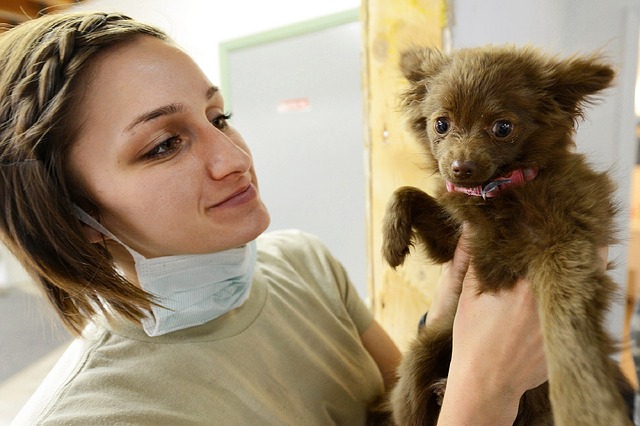 Dr. Karen Becker, a proactive and integrative wellness veterinarian, interviews Dr. Richard Pitcairn all about homeopathy and its health benefits
Dr. Karen Becker, a proactive and integrative wellness veterinarian, interviews Dr. Richard Pitcairn all about homeopathy and its health benefits
Allopathic drugs combined with Homeopathic Medicine – There’s a conflict there
Allopathic drugs combined with Homeopathic Medicine is considered
a definite no-no. True for Both Your Pet and You
Conventional medicine: “We’re physical beings, and the message should be directed toward treating that physical level”.
Homeopathy : “Actually, we’re energetic beings, spiritual beings, and the physical is secondary to that”.
Learn WHY the two should never be combined. And HOW allopathic drugs run counter to the homeopathic effect
Some conventional vets incorporate homeopathy in their practice, and they’ll combine it with the use of drugs or the use of other measures that run counter to the homeopathic effect. It’s possible then that the animal could receive two treatments, one of which is stimulating healing (homeopathy) and the other is trying to slow it down (conventional drug treatment or the medicine that we know – which we call Western medicine, allopathic medicine, conventional medicine as it is in the United States)
Here’s an example of the difference: Let’s say, you had a cut in your arm. it’s going to get red, swollen, and painful as part of the healing process. Your body will go through a healing. As it goes through healing, it goes through different stages, form a scab, and so on until it finally grows the skin. That’s the natural healing that has to occur regardless of whatever method you use. There has to be a healing…
The homeopathic model will enhance the process of healing and make it happen faster and shorter. It stimulates the body’s natural healing abilities. The conventional allopathic model will use drugs to counter that. Conventional drugs have a physical effect or a chemical effect on the body. They slow down the process. They stop the itching, (if it’s a steroid or whatever), they stop the pain and the discomfort because it acts on that level.
For example: applying ice to stop the inflammation that’s there even though the inflammation is part of the healing, using an anti-inflammatory drug, using a drug to stop any feeling of discomfort or pain, which seems like a good thing. But what it’s doing is it’s interfering with the healing process of the body. Does that make sense about the contrast between the two? It’s confusing to the body. They interfere with each other…
It’s also possible for a veterinarian to either not fully understand that or accept the idea that that’s not the way homeopathy works. And, to make things worse, many of those vets don’t really follow classical homeopathy principles. The animals certainly don’t get the homeopathic effect we’re talking about. They may get better gradually because of all the things that are being done, but you do not really see homeopathy used as it is intended, as it was developed originally and it has been more understood over the last 200 years.
It’s important that if people are seeking original, classical homeopathy, then they know what they need to be looking for in a practitioner. =>This article is to help you with a specific problem — the finding of a suitable homeopathic veterinarian to treat your animal.
 Considering Homeopathy for Dogs
Considering Homeopathy for Dogs